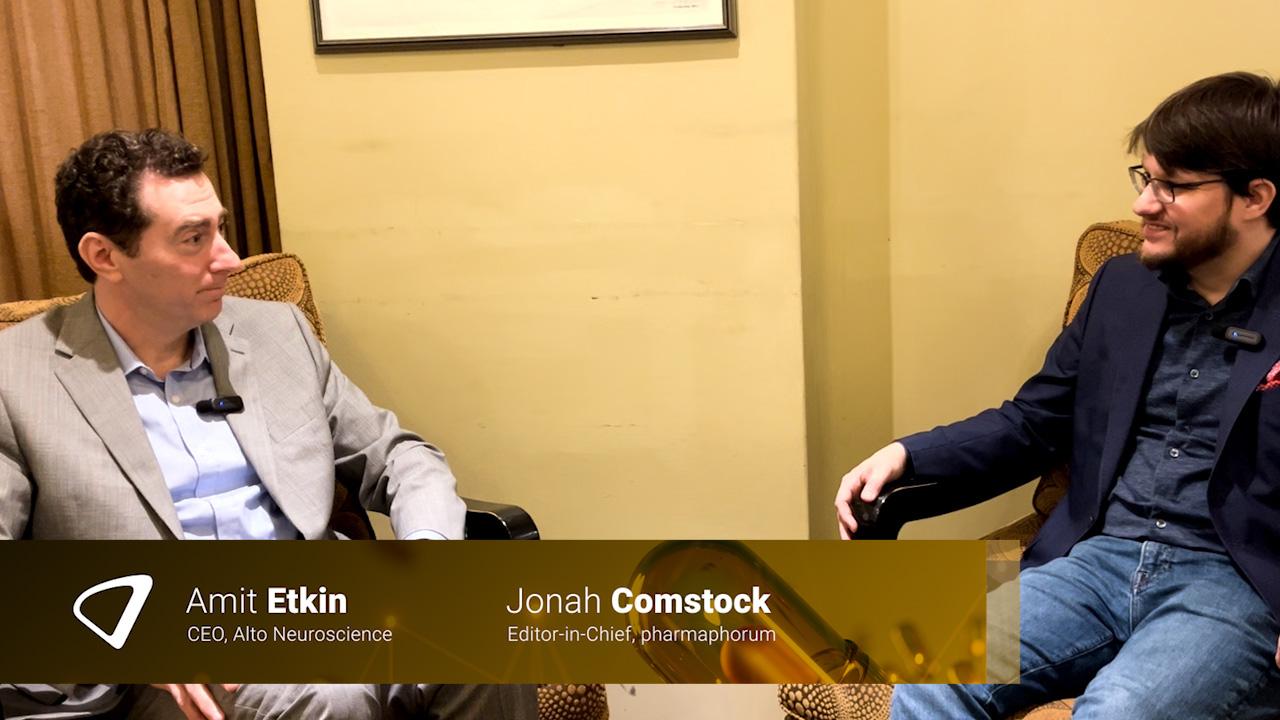FDA panel backs J&J's potential depression blockbuster

A panel of advisers to the FDA has voted in favour of approving Johnson & Johnson’s experimental nasal spray for depression, esketamine, bringing the medicine closer to approval.
Votes from the FDA’s panel are not binding, but the regulator usually follows their advice.
J&J’s drug is a chemical mirror image of the illegal party drug ketamine, and the regulator is to make a final decision on its approval by March 4.
So the 14-2 vote in favour of esketamine for treatment-resistant major depressive disorder increases the likelihood of approval for a drug that is predicted to bring in sales in the region of $2.3 billion a year by 2024, according to estimates from Informa Pharma Intelligence.
The joint meeting of the Psychopharmacologic Drugs Advisory Committee, and Drug Safety and Risk Management Advisory Committee was discussing a mixed bag of data to support approval, as two of the five late stage trials in the dossier had not met their efficacy endpoints.
FDA staffers had noted safety issues in a briefing posted ahead of the meeting – citing increased risk of sedation, dissociation and higher blood pressure.
The FDA reviewers have already recommended a risk evaluation and mitigation strategy (REMS), including ensuring esketamine is only dispensed and administered under supervision.
Esketamine works by restoring nerve cell connections in the brain, leading to an improvement in depression symptoms.
Reuters reported that Walter Dunn, staff psychiatrist and assistant clinical professor at University of California Los Angeles, voted in favour of approval.
Dunn said: “I think esketamine has the potential to be a game-changer in the treatment of depression...I use the term potential because the issues of cost and patient accessibility need to be addressed.”
Meanwhile Steven Meisel, system director of medication safety at Fairview Health Services/Healtheast Care System in Minneapolis, spoke in favour of the REMS programme.
Describing ketamine as a “nasty drug” he added that use of J&J’s close relative needs to be closely monitored.
“I think a strong effort has to be given as part of REMS…so that patients really know what they are getting themselves into.”
But consumer representative Kim Wictzak, of Minneapolis-based drug safety campaign group Woodymatters, voted against approval, and said: “There is a lot of potential for people who just want that quick fix. I really would be cautious.”












